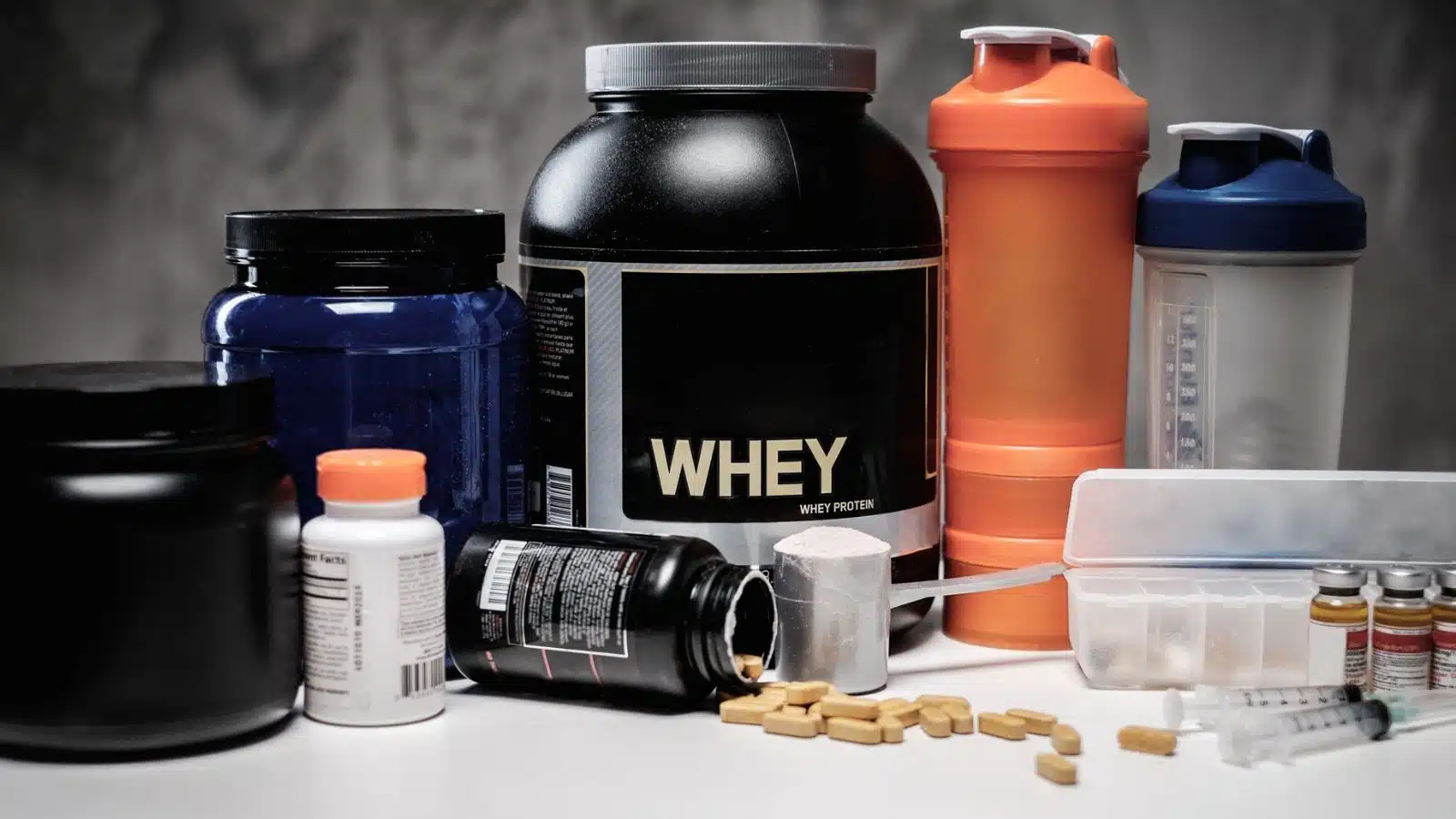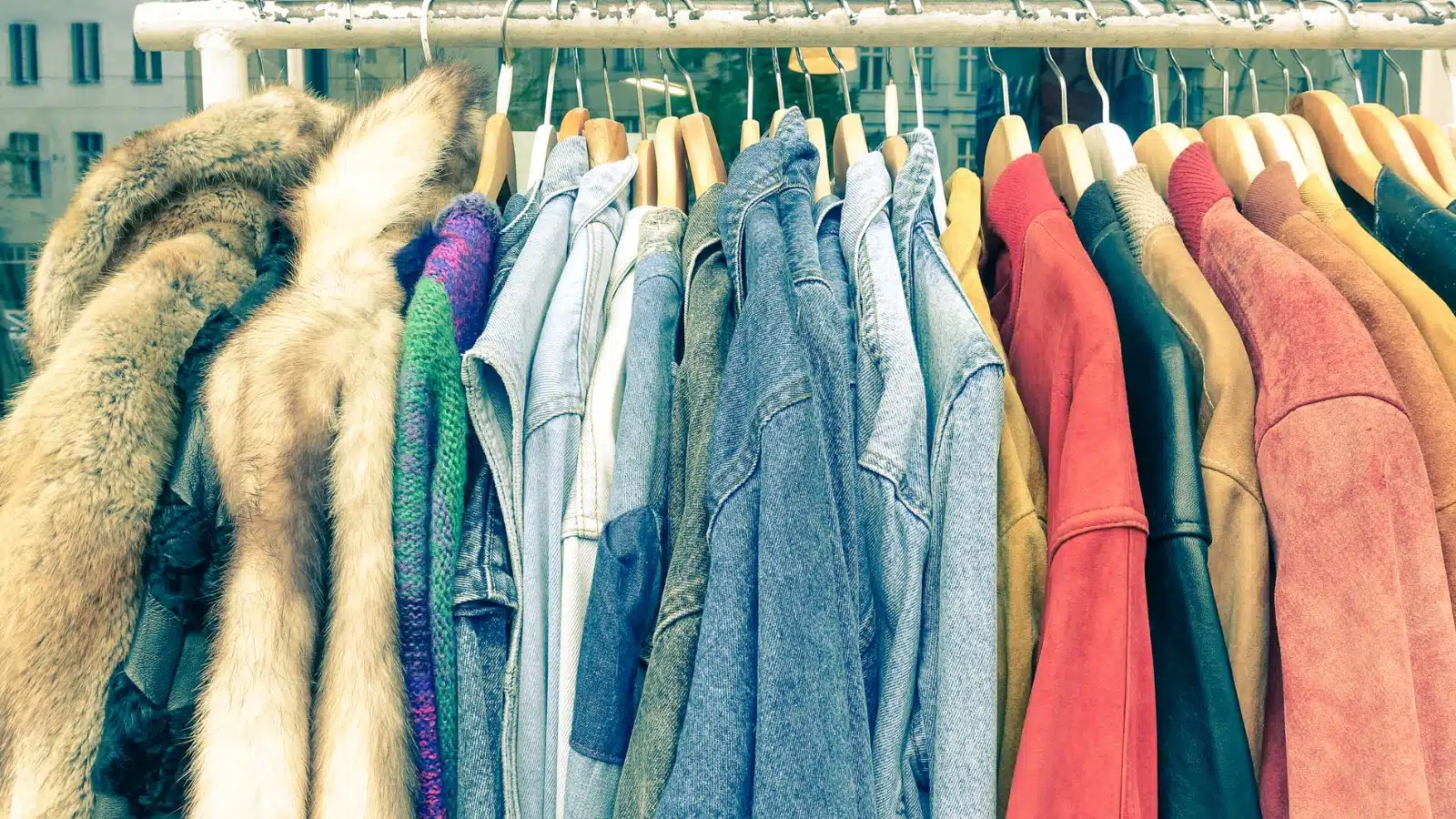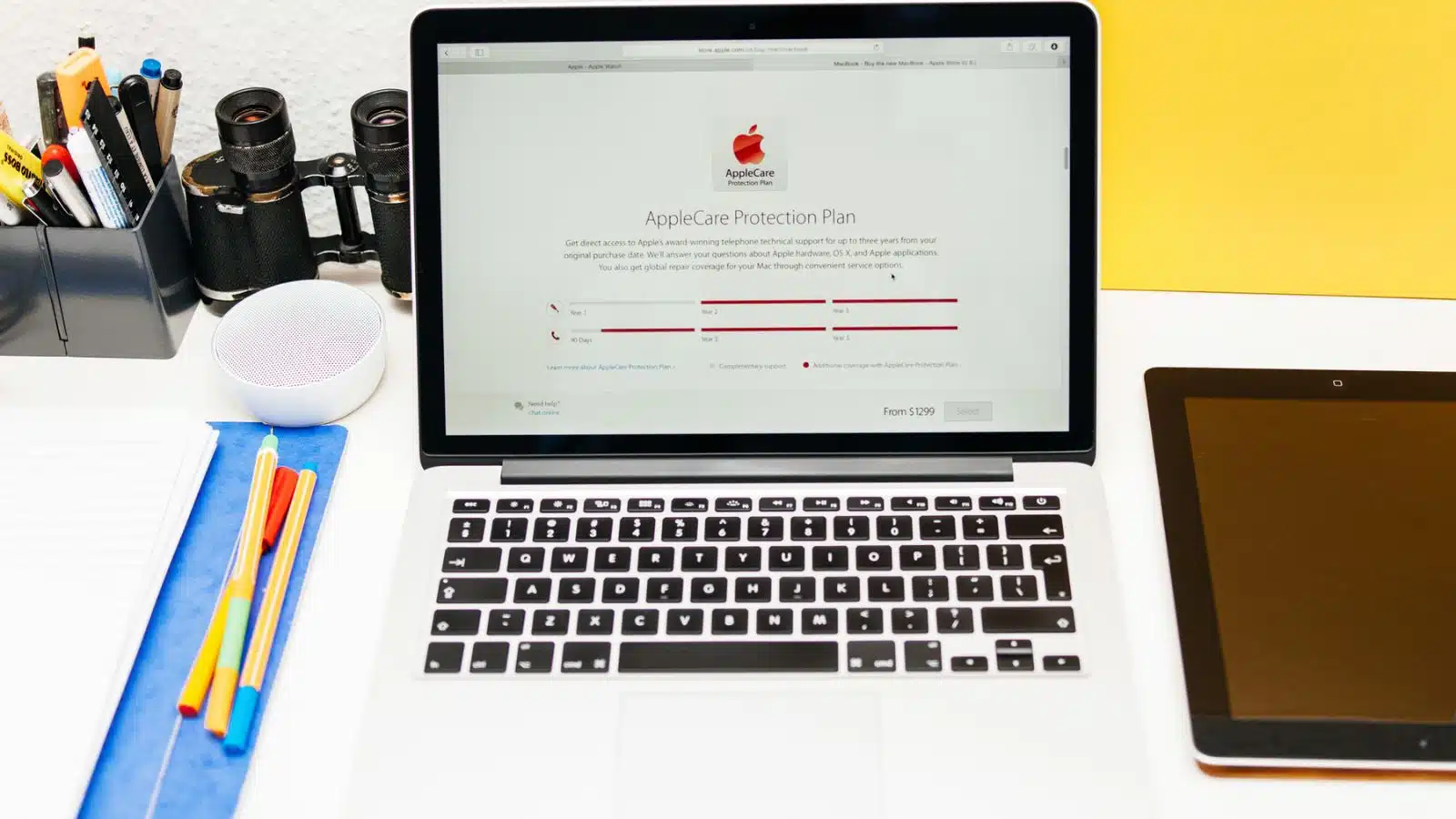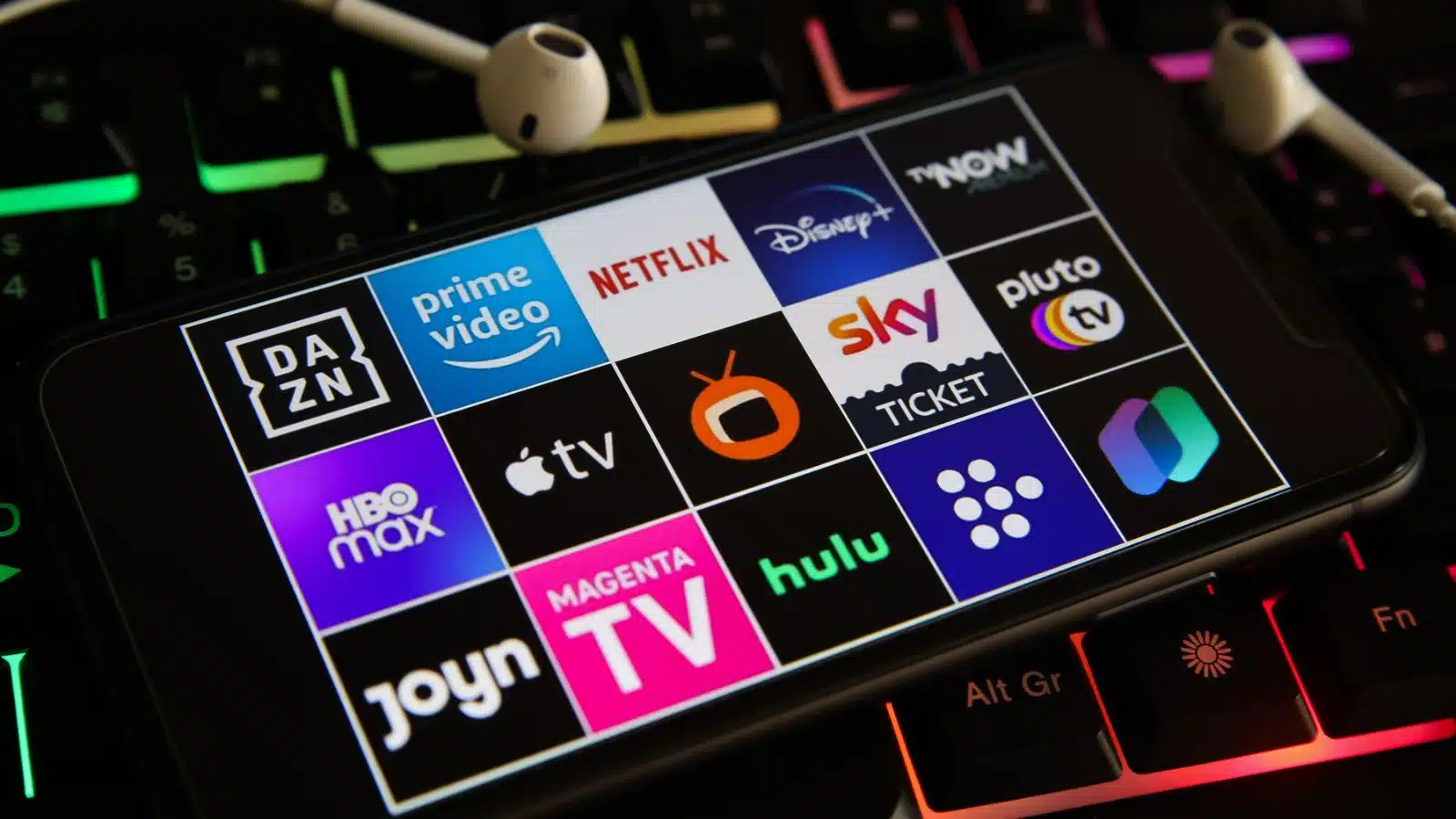In today’s consumer-driven world, it’s common for individuals to spend their money on items that provide little practicality or long-term benefits. Despite financial advice and warnings, people continue to fall into the trap of purchasing things that offer little value in return. Be mindful of these expenses to avoid losing your savings.
1. Trendy Fad Diets and Supplements

With the constant influx of diet trends and weight-loss supplements, it’s easy to be swayed by promises of quick results and instant transformation. Unfortunately, many of these fad diets and supplements are not only ineffective but also expensive. Instead of falling for the latest diet craze, focusing on sustainable, balanced eating habits and regular exercise is a more cost-effective and healthier approach to achieving long-term weight management.
2. Trendy Tech Gadgets

The allure of the latest tech gadgets is hard to resist, with each new release promising enhanced features and cutting-edge technology. However, constantly upgrading to the latest devices can be financially draining. Unless the current device is genuinely outdated or malfunctioning, resisting the urge to upgrade every year can lead to significant savings.
3. Expensive Cable and Satellite TV Packages

In the age of streaming services and online content, traditional cable and satellite TV packages are becoming increasingly obsolete. Despite the availability of more affordable alternatives, many people continue to shell out large sums of money for a vast array of channels they rarely watch. Cutting the cord and opting for streaming platforms can provide access to a wide range of entertainment options at a fraction of the cost, making traditional TV packages a wasteful expenditure.
4. Lottery Tickets

Dreams of overnight wealth often drive people to purchase lottery tickets, hoping to strike it lucky. However, the odds of winning the lottery are incredibly slim, and the money spent on tickets adds up over time. Instead of relying on luck, investing that same money in more practical endeavors like savings accounts, investments, or personal development can yield far greater long-term benefits.
5. Designer Clothing and Accessories

Designer brands are synonymous with luxury and status, but the high price tags attached to these items often exceed their actual value. While it’s natural to desire quality and style, purchasing designer clothing and accessories purely for the brand name can quickly drain finances. There are countless affordable alternatives that offer comparable quality and fashion-forward designs without breaking the bank, making designer items an unnecessary splurge for most individuals.
6. Bottled Water

Bottled water has become a multi-billion dollar industry, despite the fact that tap water is often just as safe to drink. Paying for bottled water not only results in unnecessary expenses but also contributes to plastic waste, which has a detrimental impact on the environment. By investing in reusable water bottles and utilizing water filtration systems at home, individuals can save money while reducing their ecological footprint.
7. Gym Memberships

For those lacking the motivation to exercise independently, a gym membership may seem like a worthwhile investment. However, many people sign up for costly memberships only to rarely visit the gym. The money spent on monthly fees could be better allocated towards alternative fitness options such as home workouts, outdoor activities, or joining community sports groups, all of which provide exercise opportunities without the hefty price tag.
8. Extended Warranties

Whether it’s for a new smartphone, electronic gadget, or home appliance, extended warranties are often sold as an added layer of protection. However, in most cases, they prove to be an unnecessary expense. Many products already come with a standard manufacturer’s warranty, which covers defects and malfunctions for a certain period. Moreover, the likelihood of a device failing within the extended warranty period is often quite low, making the extra cost hardly worth it.
9. Brand Name Medications

Pharmaceutical companies spend exorbitant amounts on marketing to convince consumers that brand name medications are superior to their generic counterparts. While there are cases where specific brand medications are necessary, generic versions usually contain the same active ingredients and are equally effective. Opting for generic drugs can save individuals significant amounts of money without compromising their health or well-being.
10. Excessive Subscription Services

In the age of subscription-based services, it’s easy to accumulate a long list of monthly subscriptions without realizing the cumulative cost. From streaming platforms and music services to fitness apps and beauty boxes, these subscriptions can quickly eat away at one’s budget. Regularly reviewing and canceling unnecessary subscriptions can help individuals save money and avoid paying for services they rarely use.
11. Single-Use Disposable Items

From plastic utensils and plates to paper towels and napkins, single-use disposable items have become an everyday convenience. However, their convenience comes at a steep environmental and financial cost. By investing in reusable alternatives such as cloth napkins, metal utensils, and washable cleaning cloths, individuals can reduce waste while saving money in the long run.
50 Super Simple Side Hustle Ideas

Choosing a side hustle can be fun compared to getting a part-time job because they allow you to pursue what you’re actually interested in, like perhaps fitness or writing, while providing you flexibility!
50 Super Simple Side Hustle Ideas (& How to Make Them Work)
10 Frugal Lessons I Learned From Being Flat Out Broke

I was living in the middle of a big city all by myself and paying my bills on a server’s salary. I had zero savings and was living paycheck to paycheck just to get by; frugal living was a necessity.
